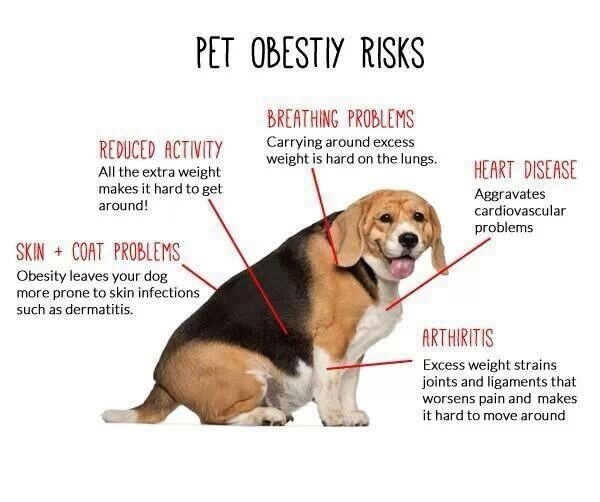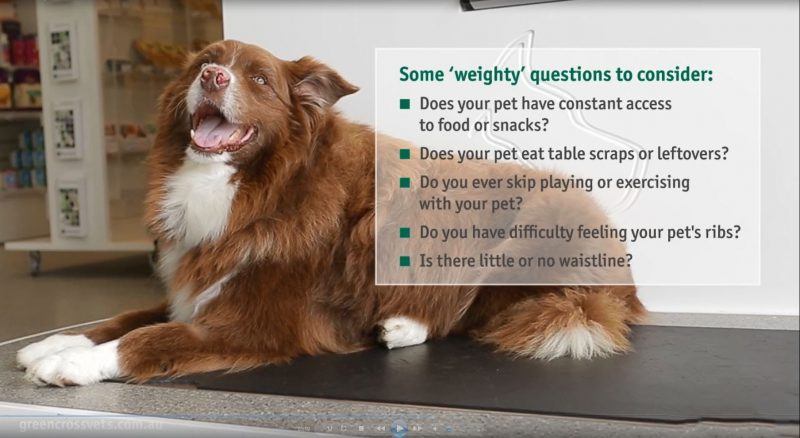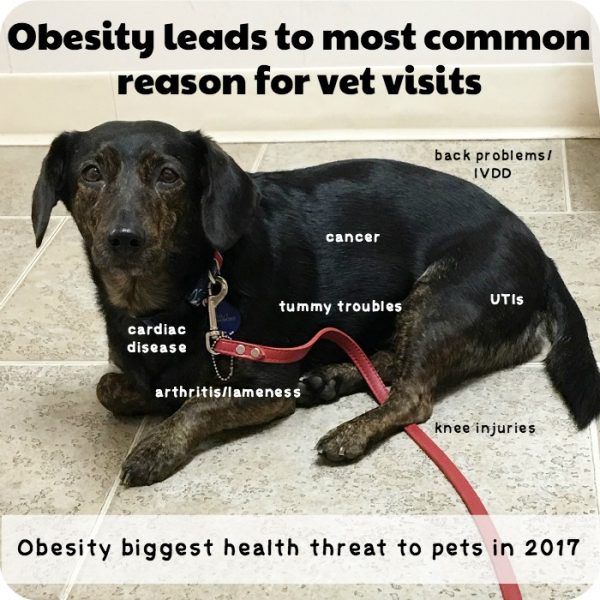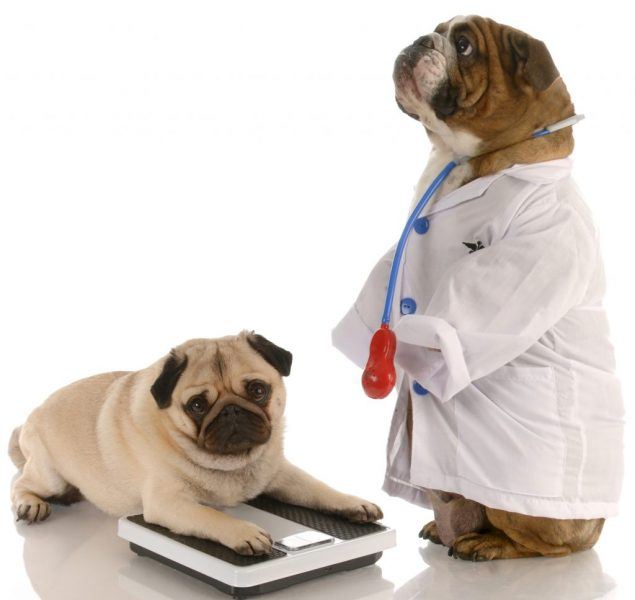
Just like humans, pets can struggle with weight issues as well. Unfortunately, it has become increasingly more common for cats and dogs to be overweight. While we all love to spoil our furry friends, pet obesity is not something that should be overlooked. In fact, pet obesity is a very serious issue and can lead to numerous health problems, and in some cases, premature death.
Incredibly enough, in America, it is estimated that roughly 50% of dogs and 60% of cats qualify as being overweight or obese. With rates like these, it is not surprising that many of our four-legged loved ones are encountering both short-term and long-term health problems. When carrying extra weight, animals’ bodies are negatively affected both in terms of their physical being and their internal systems. If carrying around notable extra weight, cats and dogs’ joints can begin to weaken and tear, as their bodies try to accommodate the unhealthy extra strain. In terms of internal damage, being overweight can be incredibly taxing on a pet’s organs, which can result in illness and even organ failure.
In discussing the current obesity crisis amongst pets, Dr. Mark Verdino, who is the Senior Vice President and Chief of Veterinary Staff at North Shore Animal League America noted, “Here in the United States it’s estimated that over 50% of dogs and over 60% of cats are considered significantly overweight to obese. It’s becoming an epidemic despite efforts to educate pet owners on how to manage their animals’ weight. The issues with pet obesity here in the U.S. are unfortunately owner driven – meaning that animals don’t feed themselves and for the most part don’t exercise themselves. Just like it is with people, it’s a balance of calories in and calories out. The bottom line is that our pets are eating more calories than they burn and storing that excess energy as fat.”
Fortunately, there are some simple steps you can take to either help your pet shed some extra pounds or prevent them from becoming overweight in the first place. Three of the most notable tips for ensuring your pet maintains a healthy weight are:
- Get Your Pet’s Blood Work Done Regularly
Just like humans, sometimes pets can pack on extra pounds because of an underlying issue. Especially if you have noticed a sharp increase in your cat or dog’s appetite or they seem to have an insatiable hunger, it is a good idea to bring your pet in for blood work. In some cases, owners may uncover a hidden medical problem, which can be dealt with in order to prevent their pet’s weight from spiraling further out of control. Some conditions that can lead to unhealthy weight gain in pets include: Diabetes, Hyperthyroidism, and Parasites/Worms.
- Control Your Pet’s Food Intake
As loving pet owners, it’s easy to fall for your pets’ puppy dog or cute kitty eyes. Inevitably, this means that it is also easy to fall into the habit of overfeeding. However, it is important to remember that portion control and following recommended guidelines (depending on the breed, size, age, etc. of your animal) is critical in ensuring your pet stays healthy and happy for years to come. When establishing a suitable eating schedule and routine, you should consult a veterinarian and/or someone who is knowledgeable about pet food. Once you have found an appropriate person to talk to about your pet’s regular diet, you should ask questions regarding both the brands and volumes you should be feeding your furry friend(s).
- Keep Active
Lastly, just like humans, pets can get lazy. However, if you keep them on a regular exercise routine they will not be able to fall into this dangerous slump. Since most pets (especially dogs) cant get the exercise they need without the help of their two-legged love ones, it is important that you, as a pet owner, take accountability and ensure your pet gets the outings/walks/playtime they need to keep their bodies healthy.
Moreover, pet obesity continues to be a huge problem, especially in pet-loving countries like America. Fortunately, there are lots of resources and steps you can take to either treat your pet’s weight problem or prevent them from getting one. While it may be tough to say no to your little kitty or dog (when it comes to food), it will be a lot tougher to see them go through a hard time due to the negative effects that are inherently linked to pet obesity.





